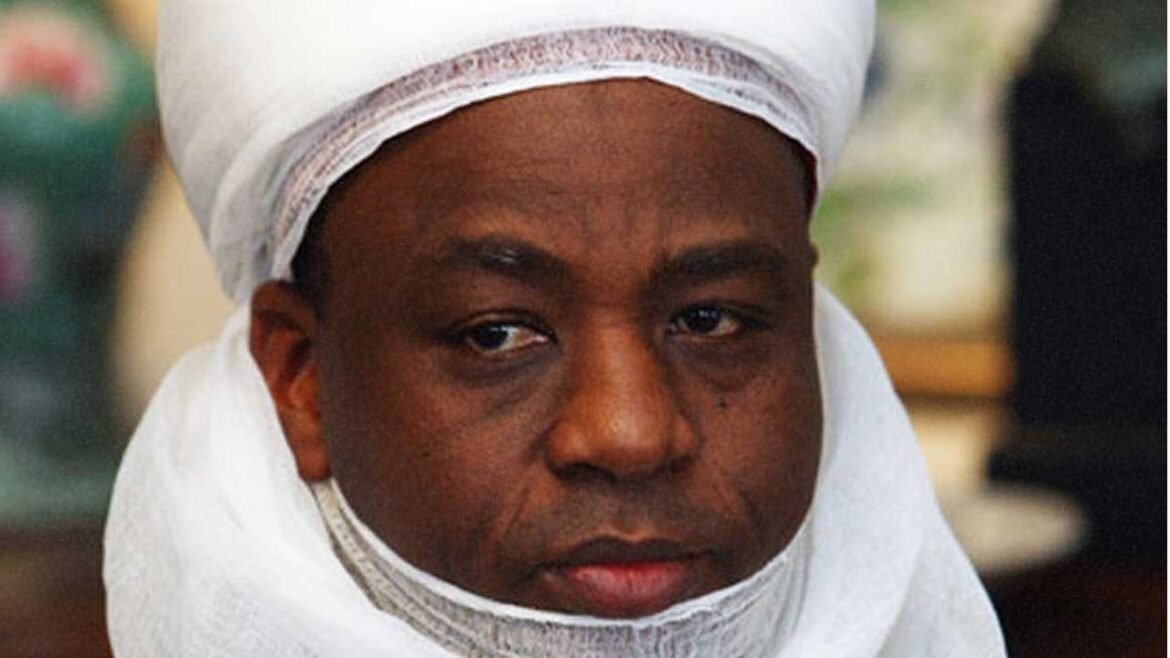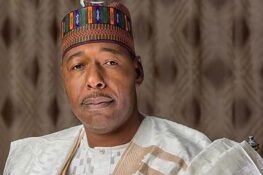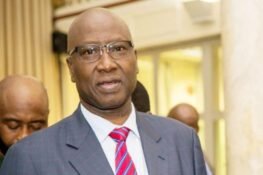The Sultan of Sokoto and President-General of the Nigerian Supreme Council for Islamic Affairs, Alhaji Sa’ad Abubakar has warned that disobedience to any court order is a recipe for lawlessness and chaos.
The monarch gave the warning on Thursday in Abuja at the 2019 fourth quarter meeting of the Nigeria Inter-Religious Council with the theme: ‘Religion and Civil Authorities in Dialogue for Nation-Building, according to a report by Punch.
In a veiled reference to the arrest of the #RevolutionNow convener, Omoyele Sowore by the Department of State Services in violation of a court order, Abubakar stated that “everyone must be law-abiding in the interest of national development.”
The monarch said, “We must regularly obey and respect the laws of our land. We should never disregard the laws to avoid the consequences. If a court makes a judicial pronouncement on a particular matter, it should be obeyed to the letter.
“If you have any problem or disagree with the pronouncement, the next step is to appeal the pronouncement instead of disregarding or violating court judgments.”
Speaking further, the Muslim leader noted, “If you are served a court order and you deliberately refuse to obey it because you are a governor, president or any influential person, then you are setting a dangerous precedent.”
“There’s no society that will prosper through lawlessness; Citizens must be law-abiding so that we can achieve the desired development”








